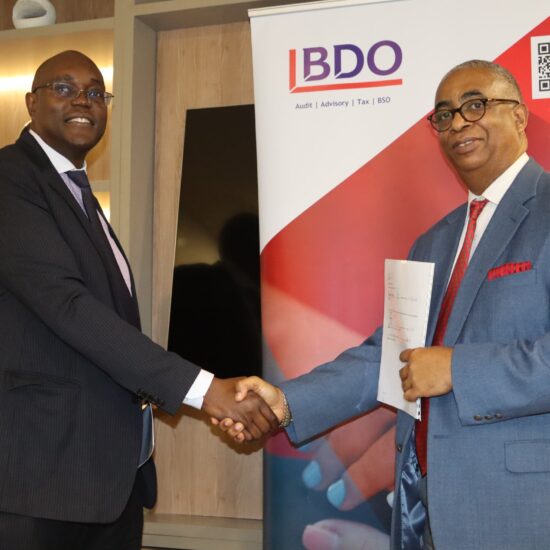
The Engineering Institution of Zambia (EIZ), an institute that represents engineering professionals in Zambia has developed charge-out rates for engineering works and services in order to ensure that the cost of projects is not exaggerated from the engineering input point of view.
EIZ President Eng. Abel Ng’andu said the rates prescribe the realistic charges that engineering professionals should charge for the services that they are rendering adding that government will issue these rates through a statutory instrument by its line ministry.
Eng. Ng’andu said the charge-out rates would serve both the clients and the engineering professionals and encourage the institution’s members to become entrepreneurs as opposed to pursuing the ever-shrinking formal job market, adding that engineering professionals should be employers.
He said entrepreneurship has the potential to improve the manufacturing and service sectors therefore enhance the development of the nation noting that the opportunities that exist in the mining sector are among the areas the indigenous engineering professionals can participate.
“The clients will have knowledge of how much a certain service will cost, thereby creating an even pricing model. On the other hand, the rates will also reward engineering professionals a worthy remuneration for their services”, he said. EIZ has advised the incoming United Party for National Development (UPND) government to utilise the institution in realizing the true value of all developmental projects.
He said the institution is ready to work with the incoming government on key deliverables such as job creation, private investment and lowering the cost of infrastructure projects among other key deliverables.
Eng. Ng’andu said the institution shares the incoming government’s concern on over-priced tenders especially on infrastructure development noting that most of such over pricing was on politically sourced projects.
He said in most cases, such projects did not have full feasibility studies carried out and engagement of consultants, which resulted in excessive variations and poor delivery. He said the country has a good stock of engineering consultants who can play their role in ensuring that projects are properly studied, scoped, procured and executed to the benefit of the nation.
Speaking during a media briefing today, Eng. Ng’andu urged the UPND government to use to the fullest local engineering professionals, engineering companies and consultants.
He said the institution has focused on upholding the engineering standards and professional conduct adding that the EIZ council is clear that no engineering professional should compromise their professional responsibility through either corruption or mediocre performance.
He added that such counter-productive behavior would be retrogressive to the development of the UPND government noting that the disciplinary committee and the council would not hesitate to reprimand all those among its members who may fall into such behavior.
Eng. Ng’andu said despite having a few unprincipled engineering professionals, the institution has very good stock of good, experienced and well vested engineering professionals who are ready to advance government’s development agenda.
He said government’s deliberate action to appoint engineering professionals to positions of responsibility and decision making especially in engineering-based companies like ZESCO, ZAMTEL, ZCCM-IH, NCC to name but a few will go a long way to advance government’s agenda.
He added that the EIZ would play its role in ensuring that such appointed professionals serve to the best of their capabilities once appointed.
Eng. Ng’andu said the EIZ developed a document called “industrialization strategy” which gives the engineering profession’s opinion on the route to create value-addition to the various raw materials available in the country.
He said the document has since been updated and will be making efforts to engage government to share the ideas contained therein adding that this will be one of the major contributing strategies towards economic transformation as expounded by government’s agenda.







